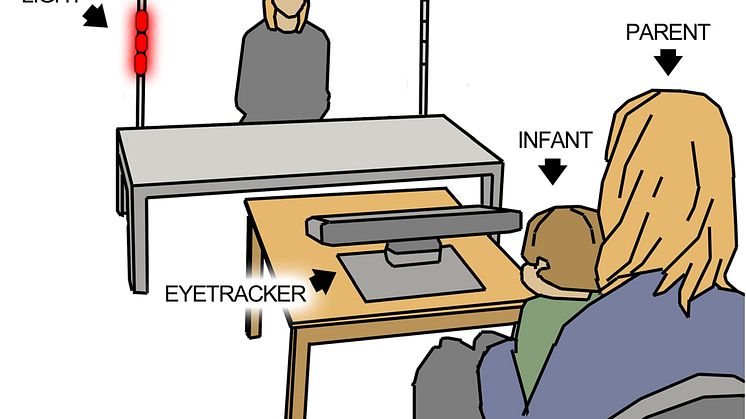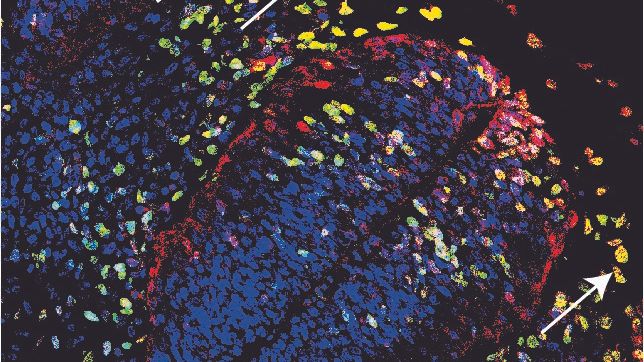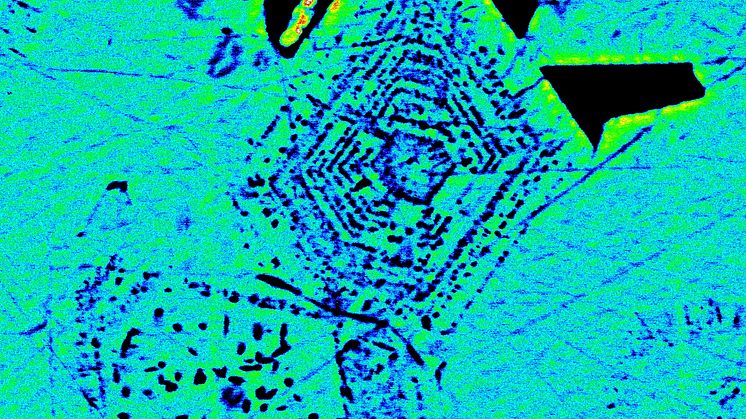Lowest level of fatalities in organised violence in seven years
New data from the Uppsala Conflict Data Program (UCDP), Uppsala University shows that in 2018 the number of fatalities in organised violence reached the lowest level in seven years. However, the large share of internationalised conflicts, to which external states contribute troops, worries researchers. These conflicts tend to be both bloodier and longer.


